
Chengdu, the capital of the Sichuan provence is a metropolis of over four million people with a rich history. It is one of the oldest cities in the world dating back to the 3rd century BC making it essentially constantly inhabited for close to 4000 years. Unfortunately, our visit was fleeting and we only saw a whirlwind sampling of various parts of town on our way into town back on the 18th and coming back from Emei Shan to give a talk at the Torsten Wiesel Research Institute. Our second day in Chengdu was completely washed out due to *very* heavy rain and the most amazing lightning display I’ve ever seen. We had wanted to see the pandas outside of Chengdu at their sanctuary, but that trip was cancelled due to washed out roads.
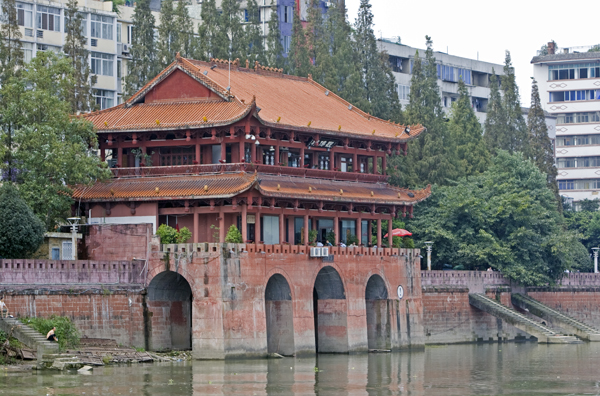
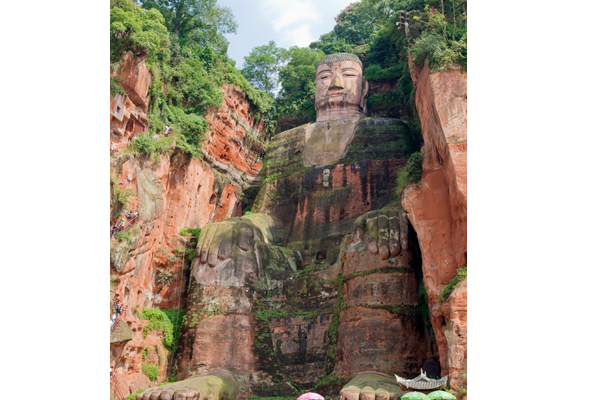
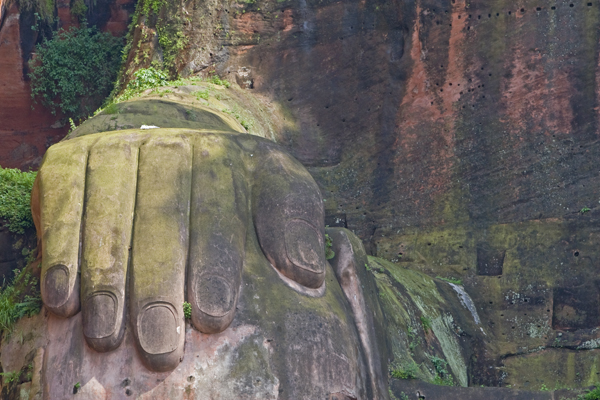
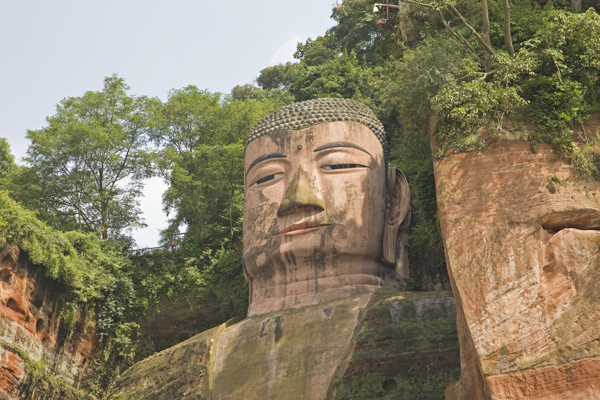
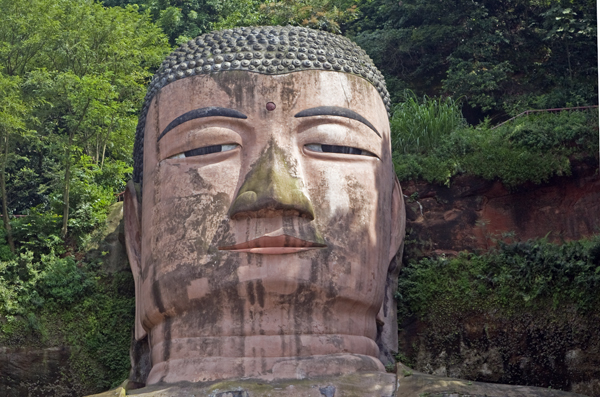
As mentioned, back on the 18th, we were able to take a little trip to see the giant Buddhas along the river. The Giant Buddha is approximately 200 feet tall, or about the size of some of the Buddhas the Taliban destroyed in Afghanistan. Originally carved into the cliffs from 713-907 AD, the Giant Buddha looks over the confluence of the Minjiang, Dadu and Qingyi rivers.
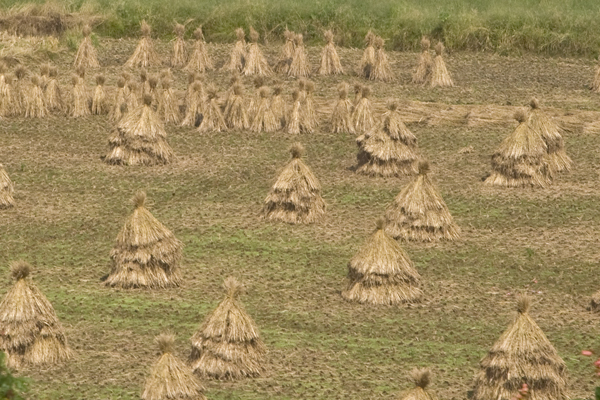
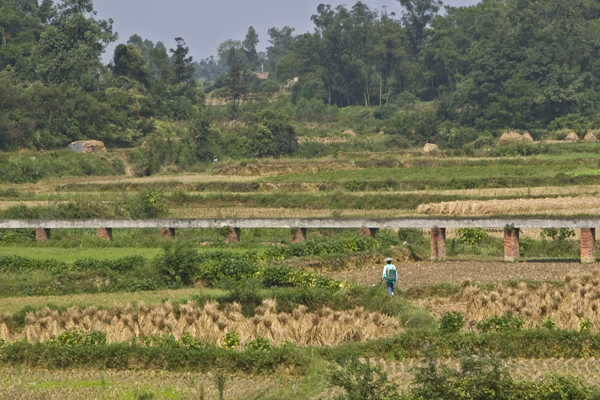
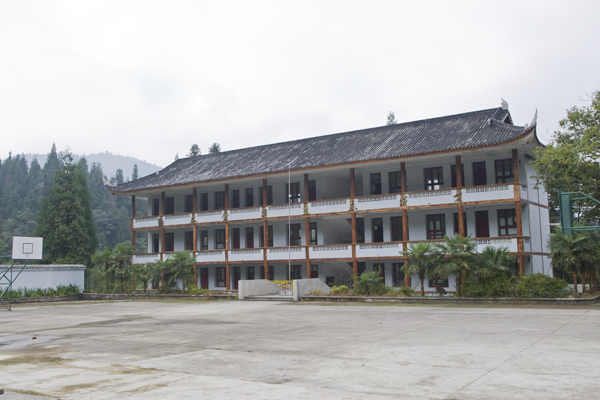
Surrounding Chengdu and even in parts of town, there are people growing crops in plots small and large. I was told that people can supplement their income doing this, but they have to render some of the crops to the government as a tax. I was surprised to see many people processing crops in their driveways, spreading out grains and corn to dry and hull them.
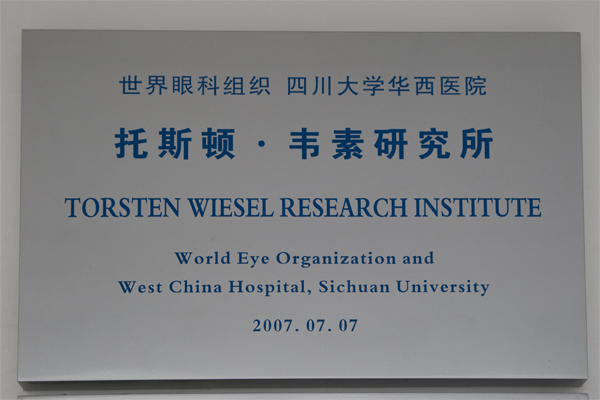
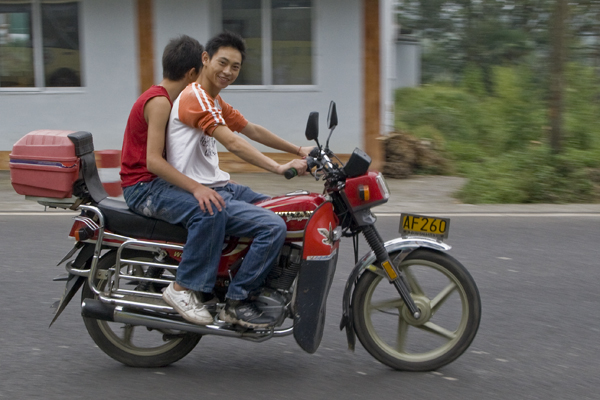
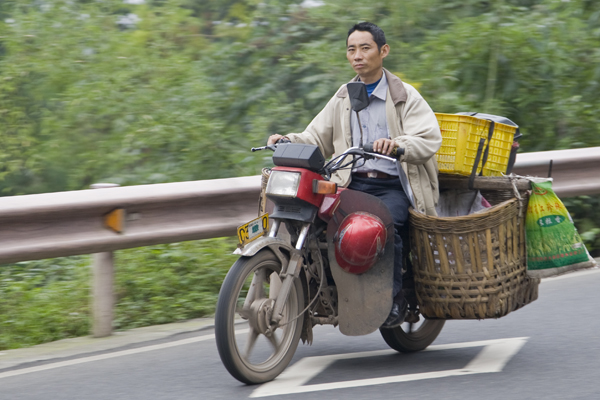
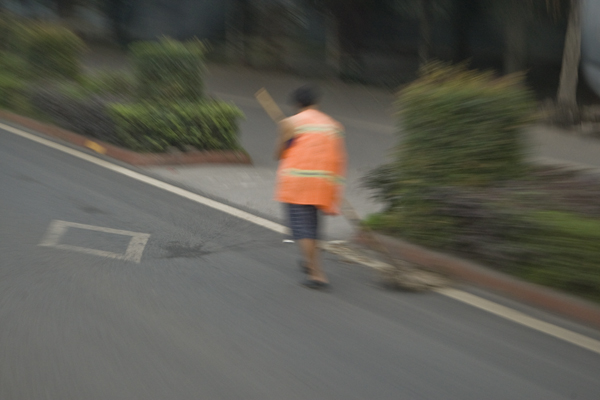
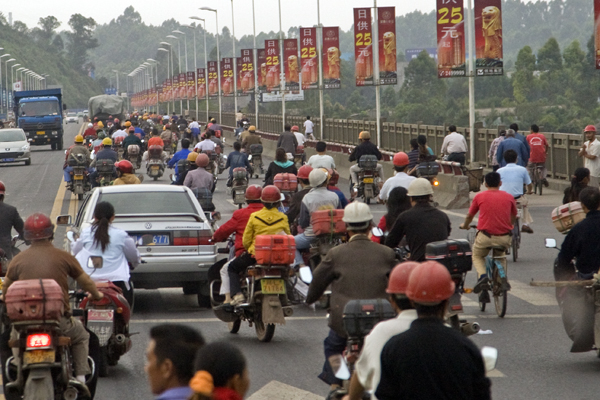
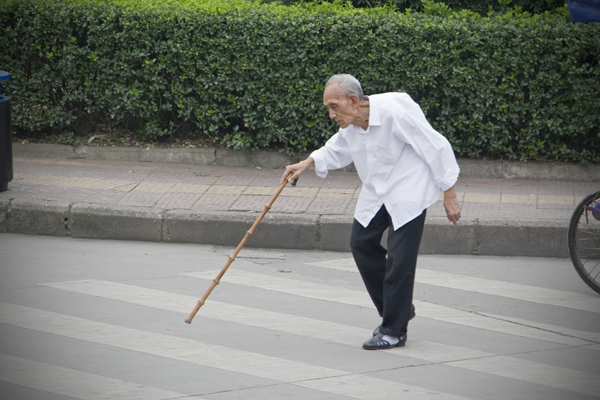
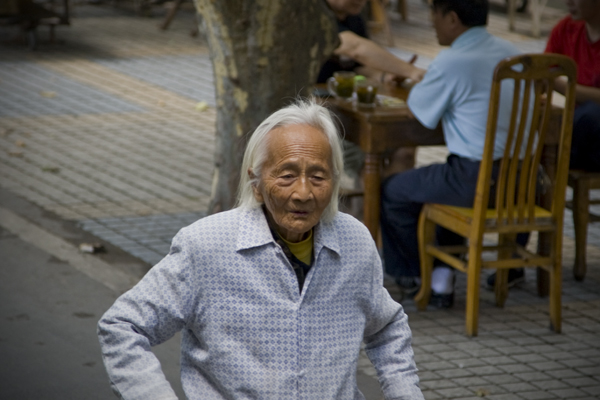
After the talk at the Torsten Wiesel Research Institute on Tuesday, we were able to go out and walk around Chengdu for a bit and see the sights on the streets. There were certainly many more cars than I expected given the comments of some of my friends after their trips to China in years past, but the common mode of transportation is the motorcycle. Unfortunately, much of the motor traffic including automobiles and motorcycles is not using catalytic converters. That combined with the congestion caused by four million people, the coal used for cooking, heating, electricity production and industry means that the pollution here is eye watering bad. It burns your eyes and lungs and can’t be good for long term health.
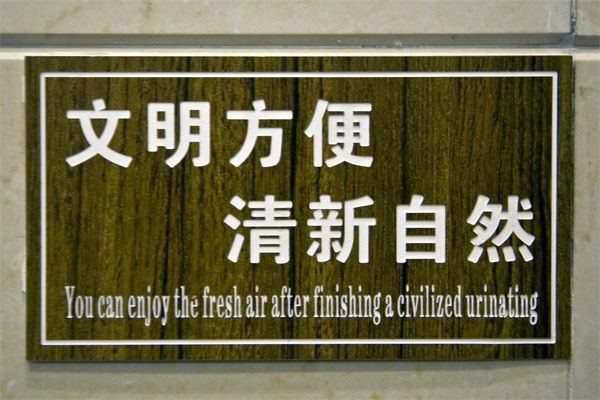
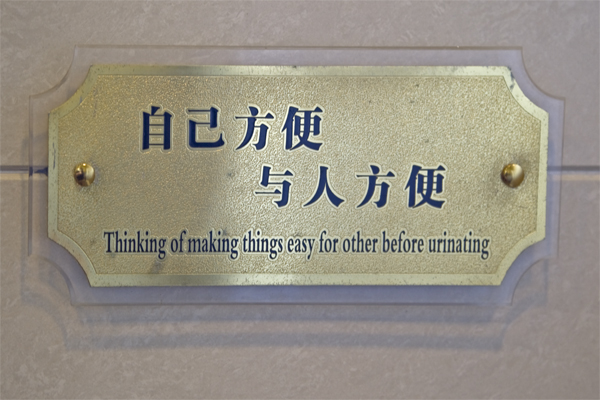

We also saw these wonderful signs at a couple of tourist spots that just made me laugh. Normally, one does not carry cameras into bathrooms without expecting some sort of reprisal, but I was willing to take the heat to deliver these images to the rest of the world.
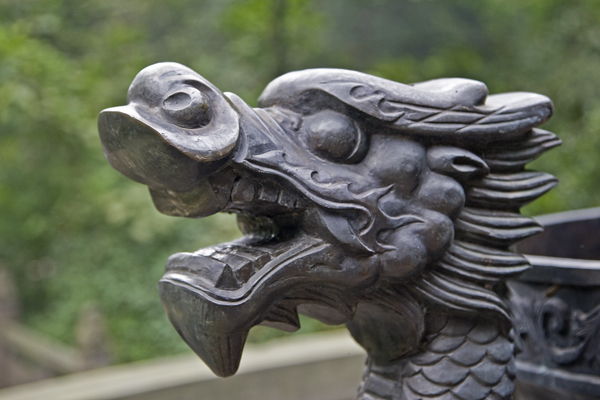
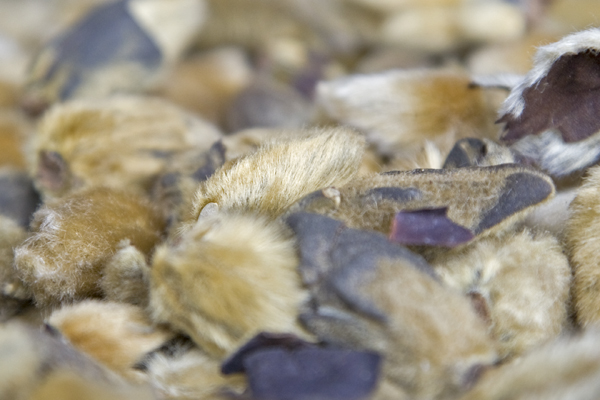

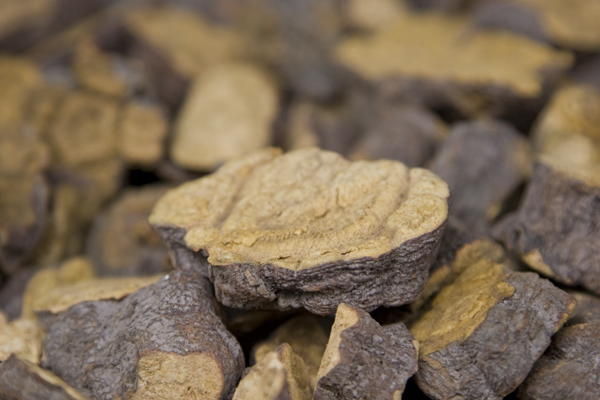
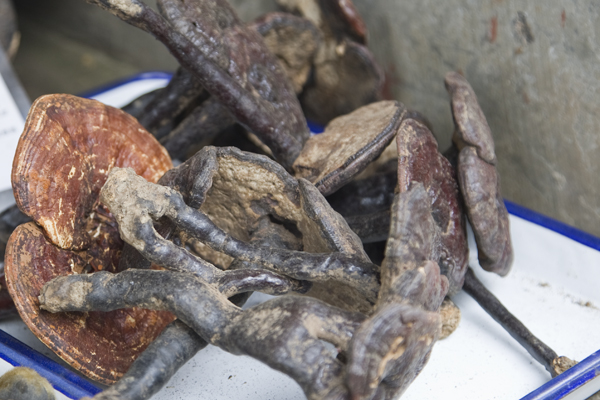
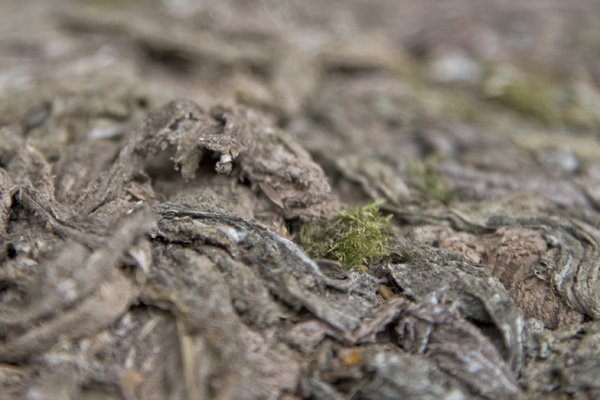
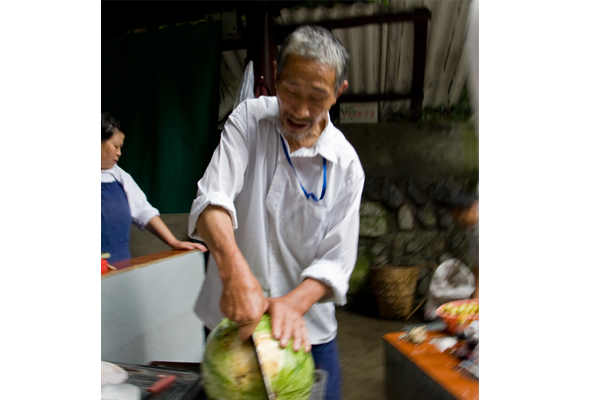
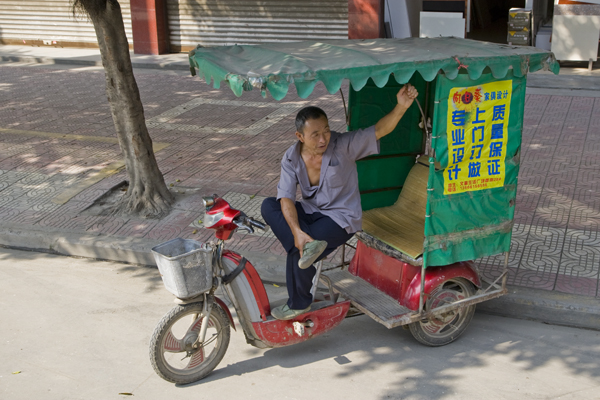
All sorts of things can be purchased on the street including fresh fruits, street food (tastier than the food I had at the hotel), medicinal herbs and more. The interesting thing to me was that some people were complaining about the costs of goods going up significantly which was related to the cost of fuel. Apparently, the Chinese government has, for a number of years been subsidizing the cost of petroleum products, steel and concrete to improve the Chinese economy. Recently however, these costs have been going up at rates the Chinese government has not been able to accommodate and the increased prices are starting to trickle down the economy.
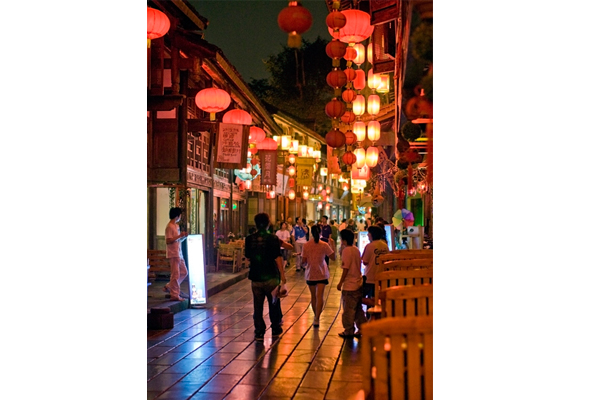

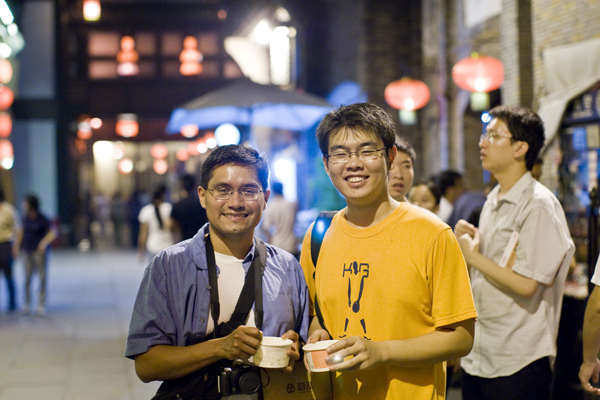
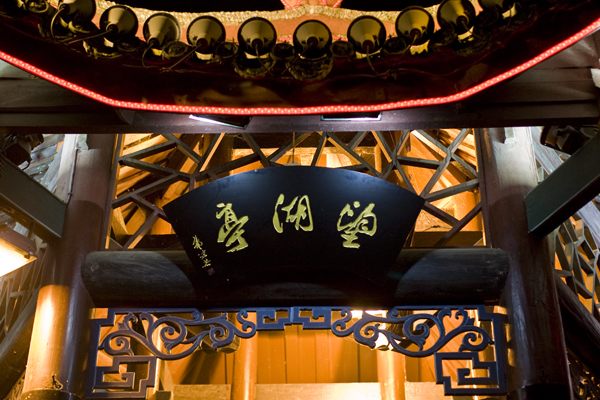
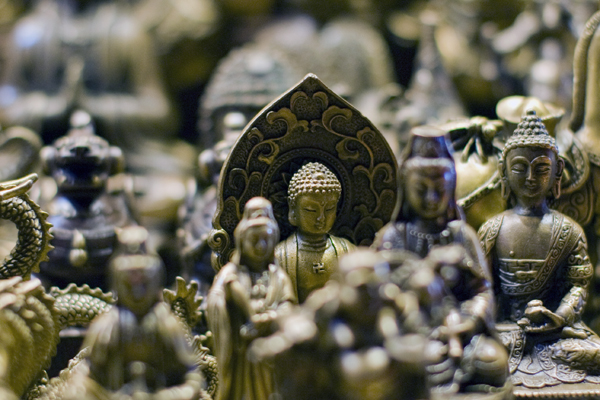
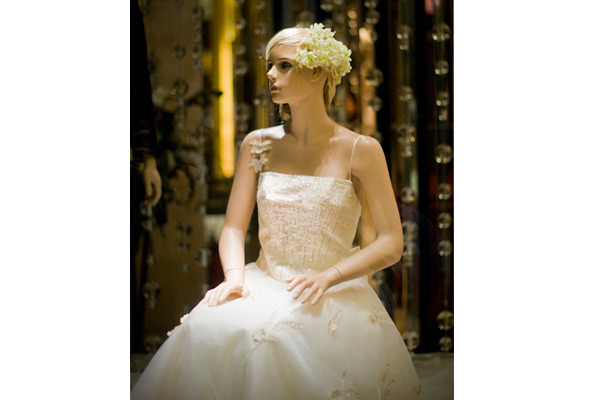
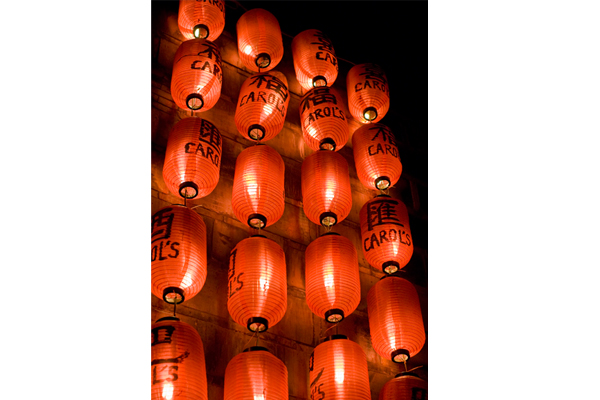
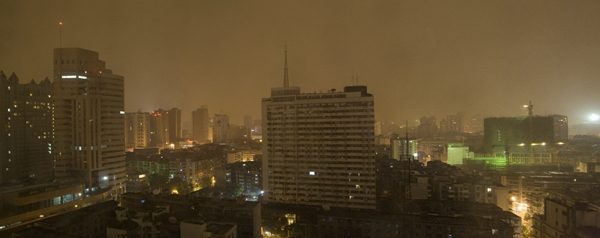
After dinner out at Qin Shan Zhai Restaurant (more about that experience later), John gave Felix and I a walking tour of Jinli Street, a commercial row with coffee bars (including a Starbucks), places that sell food, silk, lacquered woods, paper cut art, figurines, game stalls, shadow puppets and other various wares including displays of decidedly Western style wedding services. I actually wish we had more time here for me to make photographs, but the night was getting late and we needed some sleep. So, back to the hotel we went just before a phenomenal storm front came through dumping prodigious amounts of rain accompanied by a most impressive display of lightning.
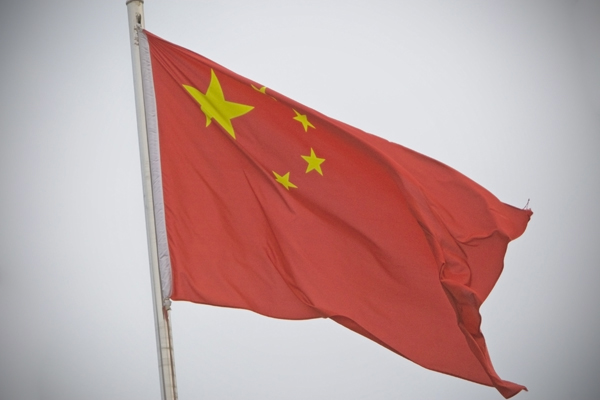
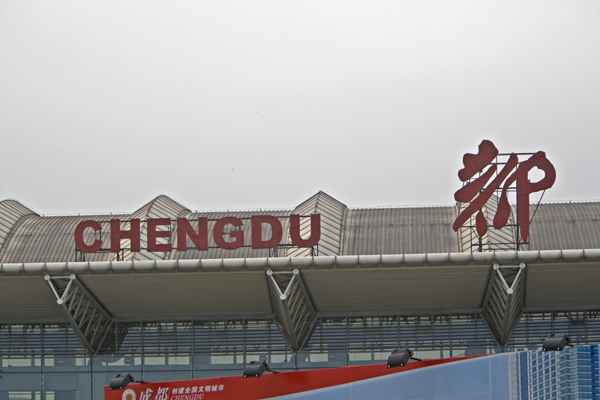
The aforementioned storms were absolutely amazing with tons of rain and lightning the likes of which I’ve never seen caused by a typhoon to the South and a series of low pressure fronts coming through. So, as trips to outlying areas or walks through town were really not possible, we resigned to staying dry and hanging out in the hotel as long as possible before heading off to the airport to catch a Midnight flight to Seoul, the only flight out of Chengdu to Seoul. I had checked the website for the Chengdu airport before leaving the hotel and seeing that they had a restaurant and a number of cafe’s, we figured that we’d pick up lunch in a dry spot and find a business lounge to get some work done. This plan was stymied by the fact that the only business lounge in the airport would not admit us because we were not flying on the right airline and we could not even purchase a day pass. Furthermore, there was no restaurant other than a KFC and the customs officer would not let us pass through security to get our boarding pass or to get to any of the restaurants on the other side of customs. Apparently this was because nobody was at the ticket counter for our late flight. Why the ticket counter was *behind* customs is absolutely beyond me and we were stuck going up to a cafe and paying 144 Yuan for a bag of potato chips, a Coca Cola (very weak and flavored with corn syrup ala the US market) and two glasses of green tea. This of course is an outrageous rate, but the tea was the best I’d ever had in my life. It was delicious with *fresh* green tea leaves. So, we essentially camped out in the airport teahouse/cafe waiting and waiting and waiting for 10 hours, watching rats run across the floor, sipping our tea and going through images taken from the trip. Eventually they made moves to kick us out as they wanted to close the shop, so we went downstairs to try and sleep on the metal benches in the dark in front of the airport KFC waiting for customs to open. This of course sorta runs counter to how an international terminal should work, but we rolled with it. Finally, when they opened up customs we were able to check in with Asiana Air only to discover that Asiana Air had somehow lost my reservation. A little bit of banter back and forth got me a boarding pass and it was through customs to board the plane for the three hour flight to Seoul.
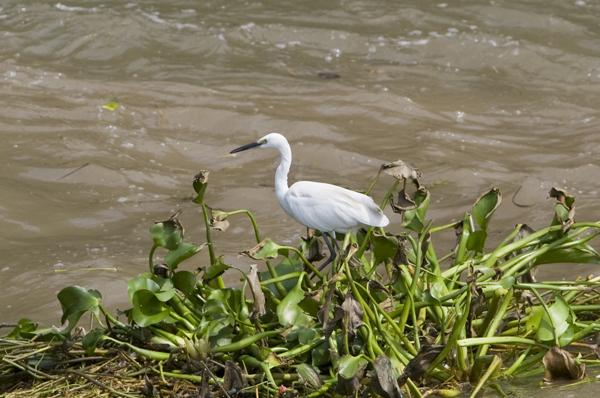
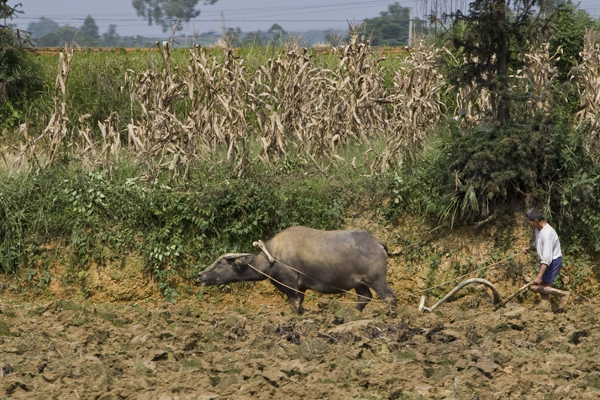
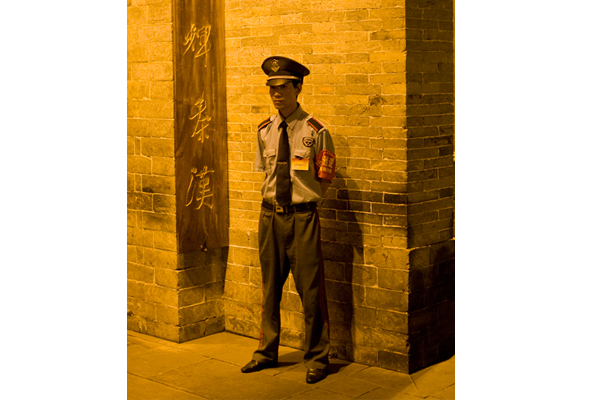
nice photos!
Thank you. It was a most gratifying opportunity.